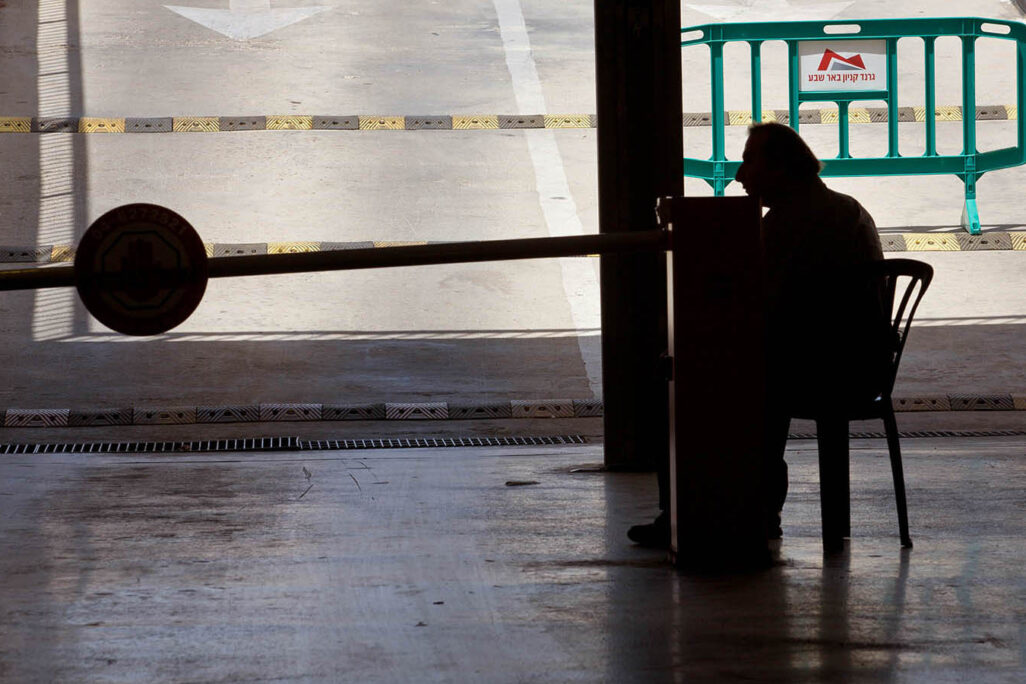
Robert, 57, who lives in Ramle and works as a security guard, is one of approximately 1.5 million Israelis who work for minimum wage. Robert works eight hours a day, six days a week, and makes 4,500 shekels a month. “How can you live off that?” he asked in a conversation with Davar.
“My rent is 3,300 shekels. That’s before bills, or food. My wife makes 5,000 shekels a month. We’re in a constant state of overdraft. Prices just keep increasing. We try to cut back expenses, but everything is very expensive. We buy only what is absolutely necessary.”

The minimum wage is one of the main issues that is expected to be discussed at the economic roundtable set up by Finance Minister Avigdor Lieberman. The roundtable is composed of representatives from the Histadrut, the Bank of Israel, and the business sector.
The minimum wage in Israel currently stands at 5,300 shekels a month (about $1650) for a work week of 42 hours. The Histadrut is expected to demand a minimum wage hike to 6,000 shekels (about $1850), which would occur gradually over the course of two years. The unions are also expected to demand a reduction of the average work week by two hours through the addition of six state-recognized long weekends every year.
The average work week in Israel is significantly longer than the average in other countries in the Organisation for Economic Co-operation and Development, which is between 37 and 39 hours. Besides getting Israel more in line with other OECD countries, raising the minimum wage and shortening the work week will also help stimulate the economy, the Histadrut claims.
A recent poll conducted by Davar found that 85% of Israelis support a minimum wage increase, and 70% of Israelis believe that raising the minimum wage will help the economy out of the COVID slump.
Women were more likely than men to believe that an increased minimum wage would improve their financial position. Ninety-one percent of women supported a minimum wage increase, compared with 79% of men. This discrepancy probably reflects the gender wage gap in Israel.
Seventy-one percent of Israelis support shortening the work week, and 80% of Israelis believe that shortening the work week would improve their standard of living. Fifty-six percent believe that their standards of living would improve dramatically, and 24% believe that they would improve somewhat.
The minimum wage in Israel was last raised in 2017. When adjusted for inflation it is relatively low compared to other OECD countries – 15th out of the 36 countries that were OECD members as of 2019. For the sake of comparison, the minimum wage in Australia is the equivalent of 7,175 shekels, or 2,200 USD.
“If the minimum wage were raised, even by 200 shekels, that would make a big difference,” Robert said. “That means more toilet paper, more bread and more milk. It could also mean the difference between saying yes or no when my son asks for a toy.”






